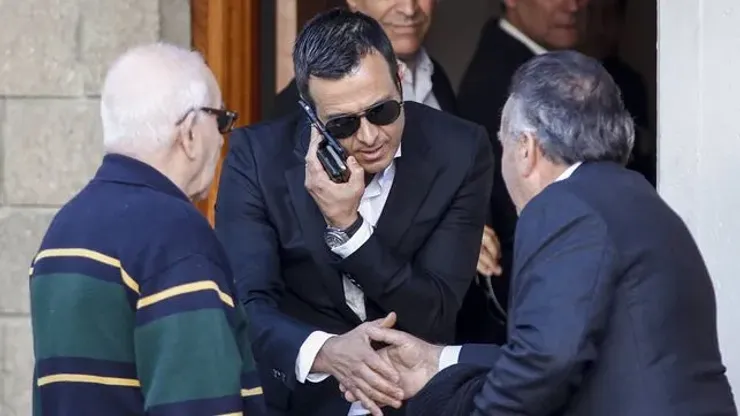UEFA and FIFPro have launched a formal complaint against third-party ownership, stating the practice damages players, clubs and supporters. They are asking the European Commission to investigate and declare the act illegal.
Third-party ownership involves the ownership of a player’s economic rights by third-party sources, such as agents, sports-management agencies, or other investors.
The concern is the practice exposes players to the whims of third parties while clubs can be driven into a crippling circle of debt and dependence.
The practice is commonplace in European and South American football, although FIFA confirmed its decision to ban third-party ownership in May with UEFA and FIFPro urging the European Commission to endorse the move.
UEFA General Secretary Gianni Infantino said: “Third-party player ownership is a kind of modern slavery, where you see players belonging to investment funds, or other, generally unidentified, corporate entities.
“Clearly, this is not something that can be accepted by European law and this is precisely why we have now, together with FIFPro, asked the European Commission to investigate and to declare third-party ownership illegal.”
Recently, UEFA president Michel Platini compared third-party ownership to “slavery” and demanded football “wake up” and deal with the problem directly.
“Today it is shameful to see some players with one of their arms belonging to one person, a leg belonging to a pension fund located who knows where and a third person owning his foot,” Platini said.
“So it’s about time the world of football wakes up and that the money coming into football remains in football and doesn’t appear right or left or I don’t know where.”
Third-party ownership was banned by the Premier League at the start of the 2008-09 campaign, following the discovery that the economic rights of Carlos Tevez and Javier Mascherano were owned by two offshore companies when they joined West Ham United in 2006.
Premier League and Football League rules now require clubs to buy out any third parties that claim to own economic rights in a player before their transfer are permitted in the top flight.
However, as stated earlier in this article, the practice remains prevalent in parts of Europe and South America.
200+ Channels With Sports & News
- Starting price: $33/mo. for fubo Latino Package
- Watch Premier League, Women’s World Cup, Euro 2024 & Gold Cup
The New Home of MLS
- Price: $14.99/mo. for MLS Season Pass
- Watch every MLS game including playoffs & Leagues Cup
Many Sports & ESPN Originals
- Price: $10.99/mo. (or get ESPN+, Hulu & Disney+ for $14.99/mo.)
- Features Bundesliga, LaLiga, Championship, & FA Cup
2,000+ soccer games per year
- Price: $5.99/mo
- Features Champions League, Serie A, Europa League & Brasileirāo
175 Premier League Games & PL TV
- Starting price: $5.99/mo. for Peacock Premium
- Watch 175 exclusive EPL games per season






